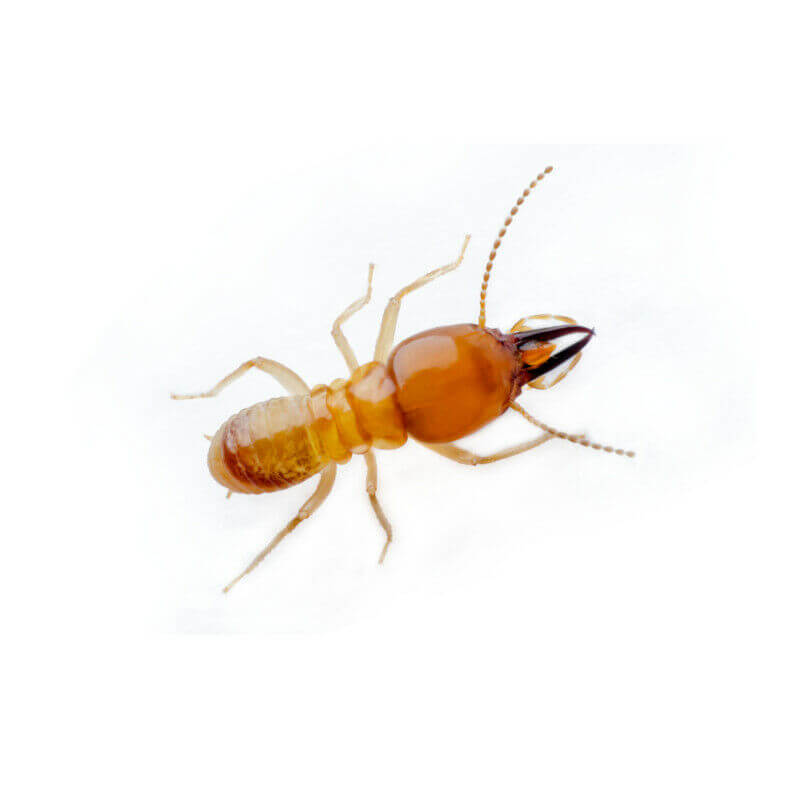Preparing for a Termite Inspection
So, you’re thinking of hiring an exterminator to deal with those nagging concerns you have about termites eating your house out from under you. Maybe you think you hear chewing in your walls, or maybe you just spotted a winged ant or termite swarm in your cellar and are absolutely terrified. They are present in 49 of the 50 states (Alaska is exempt) and inflict an estimated $50 billion in damage to buildings and homes per year. On average, termites will do over $3,000 in damage to an individual home.
Awesome! You made an appointment (with Procor…wink. wink.) for a termite inspection of your property. Now What? What steps should you take before the termite inspector arrives?
Preparation to inspect your home for termites is quick. Here’s a few things you can do to make the process run more smoothly.
You’ll need to rearrange some of your storage areas
Make sure your basement is accessible. The inspector will need to see as much of the foundation as possible. If your basement is finished, you’ll need to have the furnace room accessible and other unfinished storage areas. If there is a drop ceiling it is important to move the ceiling tiles along the exterior walls. If your basement is unfinished then you’ll want to move anything you have stored against the walls about one to two feet away from the wall. It is important that the inspector be able to see the top of the foundation as well as the foundation walls.
You’ll also want to move anything you have stored against the wall in your garage between one and two feet away from the wall. Also, anything that you have lying or stored against the walls outside of your home will also need to be moved the same distance (2 feet) away.
Clear Out Your Crawl Space
If you have a foundation that has a crawl space, make sure the crawl space is easily accessible and cleared of any debris from the entrance throughout the entire crawlway.
What To Expect During The Termite Inspection
You can expect a termite inspection to take approximately one to two hours. This time will vary based on the size of the property and the severity of the situation you are dealing with at the moment.
The inspector will check both the interior and exterior of the home for any signs of a termite problem. Particular attention will focus on the basement, crawl space and garage, and any other areas that give termites access to your home.
Inspectors will usually search for these signs of termites:
- Broken wings
- Evidence of Swarms
- Mud Tubes
- Damaged Wood
- Buckling paint
- Live termites
Inspectors will check areas like:
- Baseboards
- Walls
- Windows
- Crawl Spaces
- Door Frames
- Cabinets
- Closets
Outside your house, the termite inspector will check the exterior foundation. In addition to signs of wood damage, the inspector will search for mud tubes around the foundation.
Tips on How to Prevent Future Termite Infestations
The termite inspector will report back their findings once the property has been thoroughly inspected. Treatment will be recommended if there is an infestation, but even if there isn’t an infestation, the inspector may recommend preventive treatments to keep your home protected.They will also advise you on how to avoid termite infestations using good practices such as:
Eliminating Excess Moisture
Avoid any accumulating water near the foundation by fixing leaky faucets as soon as a problem is noticed. Clear clogs from gutters and use downspouts to divert water away from the home. Make sure the soil around your house is graded so that water does not collect near the base.
Repair Your Roof and Attic As Soon As Problems Are Found
Exposed wooden beams in the attic from broken roof tiles and attic entrances give wood destroying organisms like carpenter ants easy access for entry into the home.
Keep Your Property Free of Wooden Debris
Things like old stumps and dead trees on your property should be removed since they would be highly attractive to a new colony. Prevent wood debris, firewood, and mulch from coming in contact with the exterior surface of your home.
Avoid any wood-to-soil contact, both within your home and with any fences on your land. Trim trees and shrubbery so that they do not strike wood surfaces on the building to provide a pathway for carpenter ants and other wood destroying insects to enter the home.
Regular Inspections by a Pro!
Procor Pest Control offers various packages for all your pest control needs. We will not only protect you from termites year round, we can provide Pro 365 Protection from all of the little nasties that can come crawling into your home. Schedule an appointment today!
